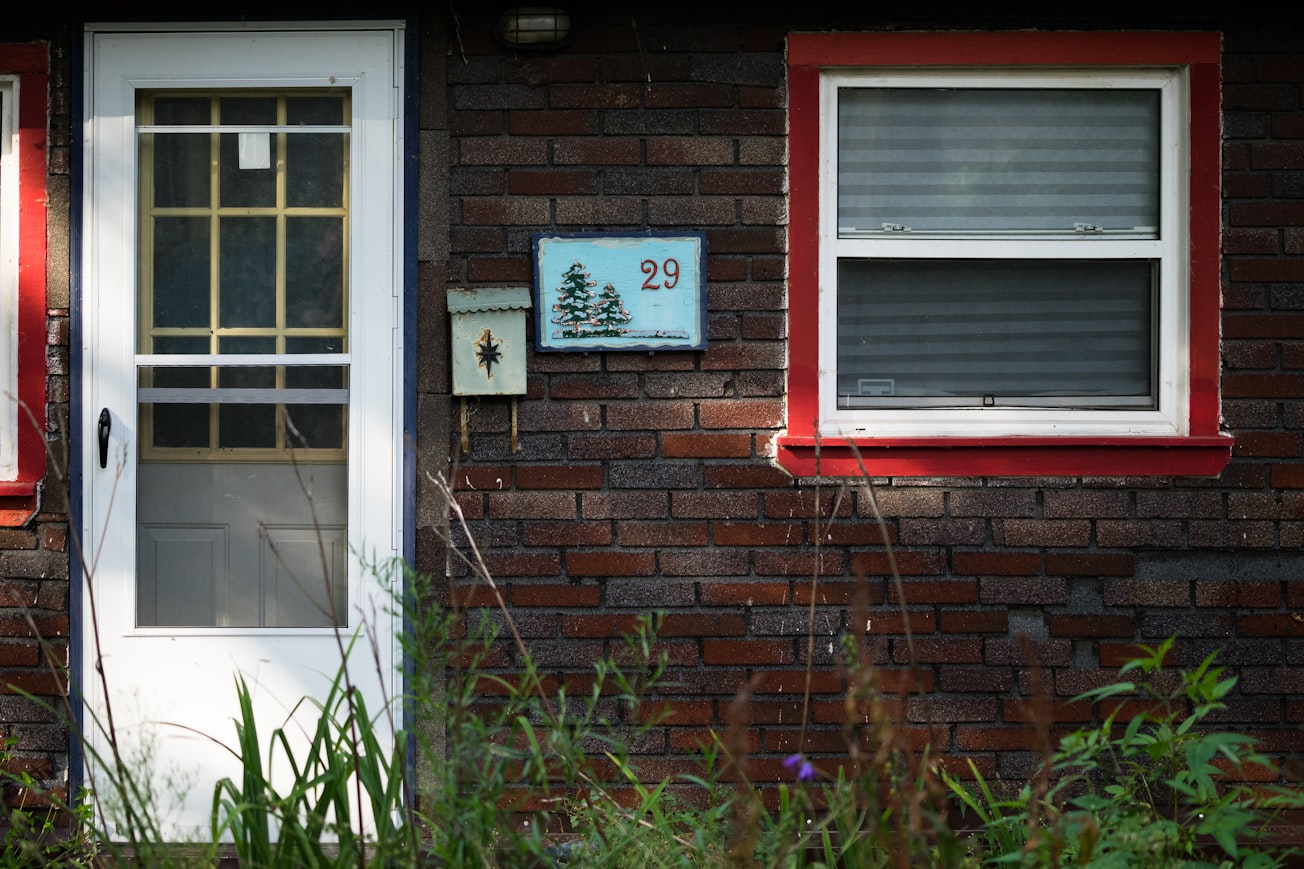What is it about?
Many cultures contain superstitious beliefs about specific numbers (lucky 7, unlucky 13). We investigate the extent to which numeric superstition affects economic transactions, specifically how much people pay for a house. In Chinese culture, the number 8 sounds like the word for "fortune" and is considered lucky; the number 4 sounds like the word for "death" and is considered unlucky. This paper analyzes prices paid for houses in Seattle by buyers with Chinese names with an 8 or 4 in the street address. Houses with an 8 in the address sell at a premium price and houses with a 4 sell at a discounted price. Chinese ethnic numeric superstitions affect how much houses sell for, even in a non-Chinese majority city. Since the data does not contain information on the ethnic background of buyers, we use a machine learning approach to identify ethnic Chinese house buyers.
Featured Image

Photo by Scott Webb on Unsplash
Why is it important?
The paper shows that ethnic superstitions, which reflect individual biases, affect actual economic transactions. Ethnic Chinese appear to hold on to their numeric superstitions even in a non-Chinese majority country, suggesting these beliefs are persistent. The paper develops a new method for identifying ethnicity in data where only names are available. This method is applicable to many other settings.
Perspectives
I think that this is an interesting example of behavioral economic research.
Professor Brad R. Humphreys
West Virginia University
Read the Original
This page is a summary of: Superstition and real estate prices: transaction-level evidence from the US housing market, Applied Economics, January 2019, Taylor & Francis,
DOI: 10.1080/00036846.2018.1558361.
You can read the full text:
Contributors
The following have contributed to this page







